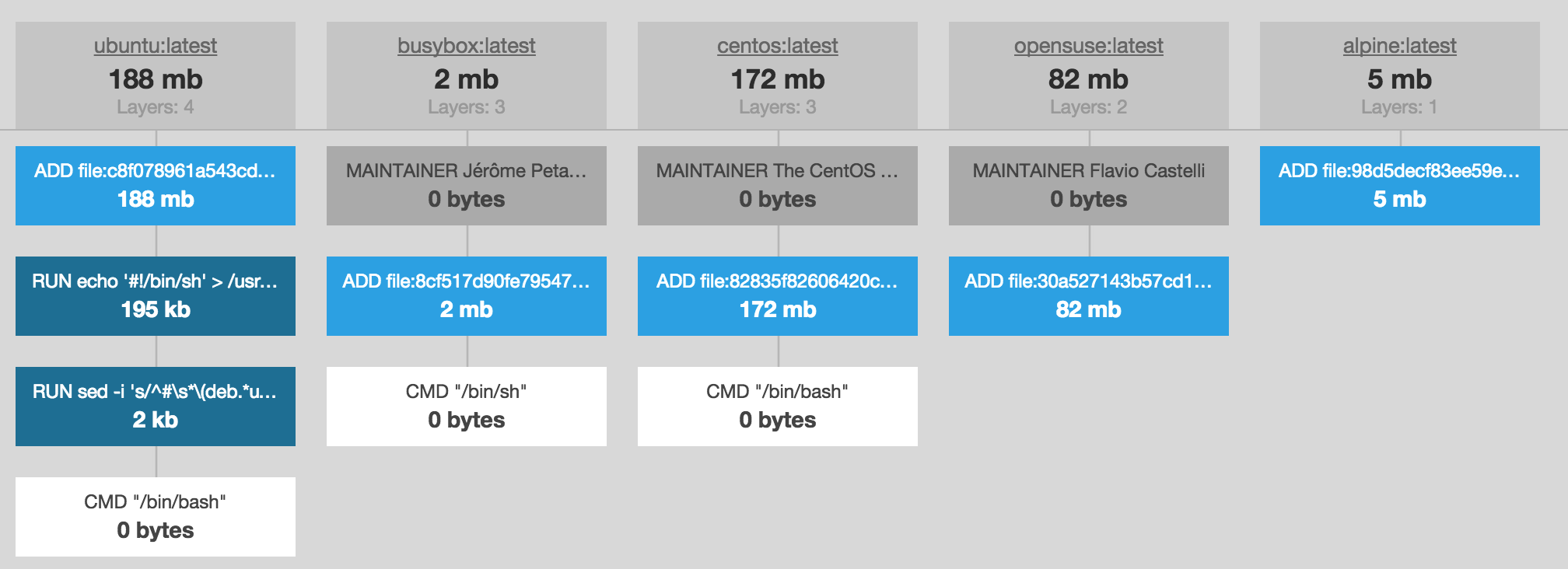I needed to stop and rm all containers before removing an docker image. To stop all running containers , enter the docker container. Removing All Unused. The main process inside the container will receive `SIGTERM`, and after a grace perio `SIGKILL`.

Here are some handy shortcuts. List all containers (only IDs). CONTAINER ID IMAGE COMMAND CREATED STATUS . First, list all Docker containers using the command: docker container ls -a. As you can see, the image above indicates there are no running containers. To list all containers , both running and stopped , add –a : docker ps . Kill all running containers.
To additionally remove any stopped containers and all unused images (not just dangling images), add the -a flag to the command: docker. You can stop one or more ( all ) containers at once. The syntax of the command to stop a docker container is : docker.

Find more command here. Docker gives you a way of listing running containers or all containers including stopped ones. Delete all containers using the following command: docker rm -f $( docker ps -a -q ). The below are docker container -related commands,. Containers commands. Now, you will have have a list of all the Docker containers currently running, including the name and ID of every container.
Next, stop the Docker container named . The docker ps command returns a list of all running containers , from our output above we do not have any running container. The docker stop command attempts to stop a running container first by sending. If your goal is to erase all traces of a running container , then docker rm -f is the . As you may be aware, every single docker run command creates a new container and executes a command. If you have any valuable data dangling around in Docker containers. The stuff which is taking up most space, are old images (previous builds), stopped containers and their volumes.

In this article we will discuss how remove all docker containers or only running or stopped containers. Suppose we have containers in our . How to list all containers , docker ps -aq. Stopping all containers. This command gives you all container IDs cleanly.
In this case, when you press Ctrl-C, it is equivalent to executing the “ docker - compose stop ”. So, it will stop all the containers gracefully. There are certain things I find myself googling over and over again. But docker ps -a will show also the non-running containers , so you get an error for all these non-running containers.
Leave out the -a to kill only . To do this I blow all my containers away, usually by running the docker stop command. If docker stats command is run before and after the kill or . To remove all stopped containers , use: docker rm $( docker ps -a -q). Volumes are not deleted by default.
There is no need to stop it, its already stopped.
Nincsenek megjegyzések:
Megjegyzés küldése
Megjegyzés: Megjegyzéseket csak a blog tagjai írhatnak a blogba.